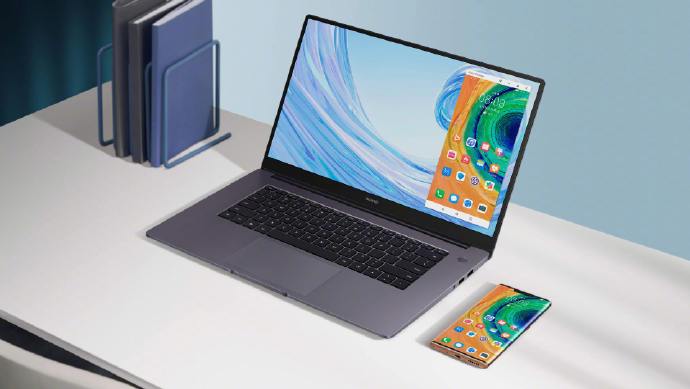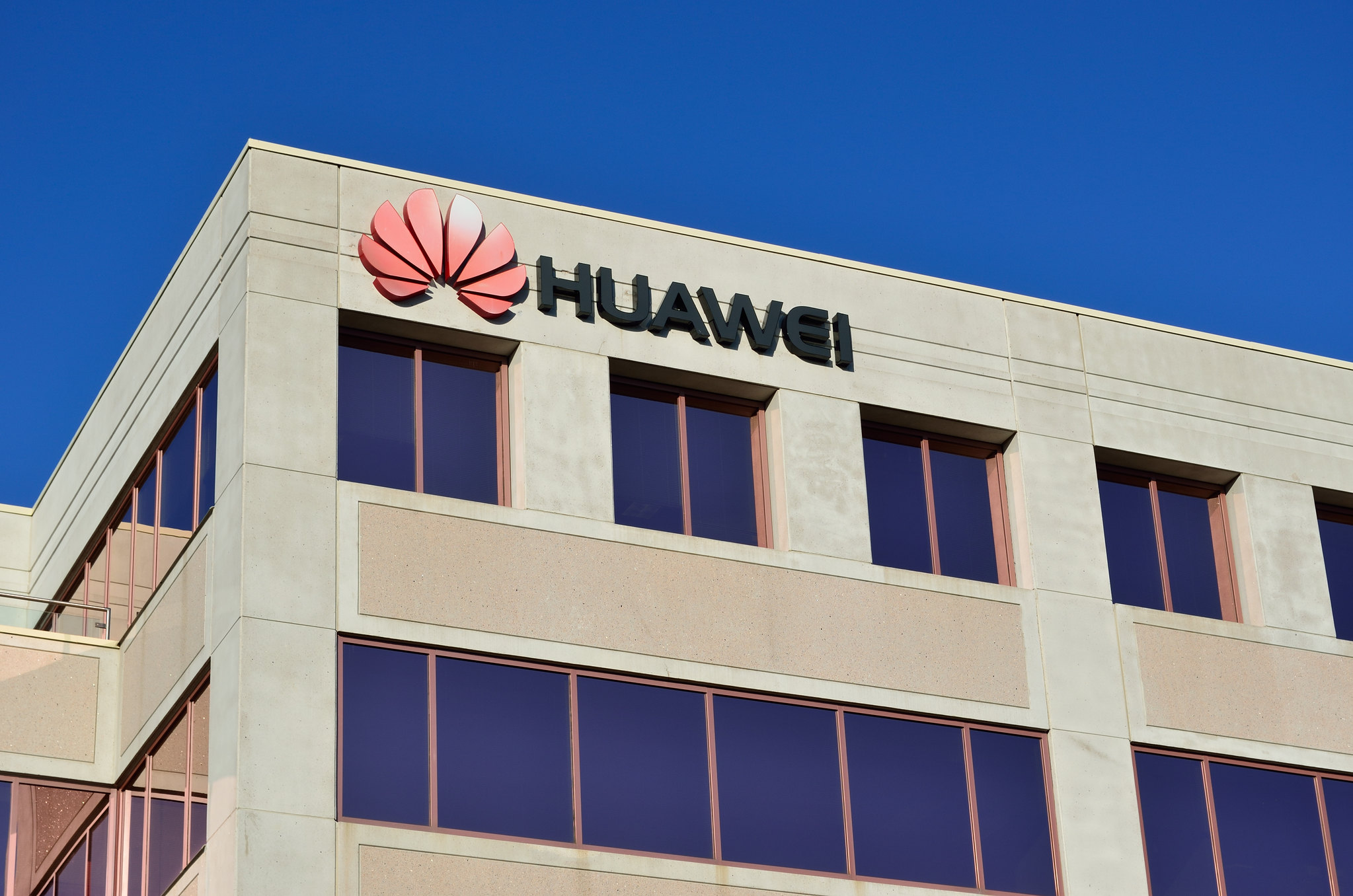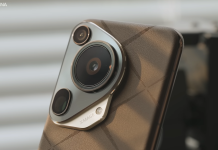Huawei has sued the U.S. government over the recent FCC restrictions that further curbs what little business the company has left in the U.S. The lawsuit challenges a decision taken by the FCC that prohibits rural carriers in the country from using federal subsidies to purchase Huawei equipment.
This is the second such lawsuit from Huawei in the U.S. after it first challenged the ban on the sale of its products to federal agencies back in March. The latest lawsuit was filed in New Orleans against the FCC after it branded the company as a ‘national security threat’ and restricted the sale of Huawei equipment to rural U.S. carriers by blocking access to the Universal Service Fund (USF) for purchases from both Huawei and ZTE.
Huawei’s business with rural U.S. carriers is minimal in comparison to its massive 105 billion revenue posted in 2018. However, it says that such decisions create a stigma around the company which will affect its ability to grow its business globally. Branding a multinational company like Huawei as a national security threat would indeed affect its reputation around the world.
For example, prime minister Boris Johnson recently said that the UK could block Huawei from investing in its 5G networks. Even Japanese carriers have excluded Huawei from 5G deployment. But the company has already signed 50 5G contracts with carriers around the world. So, it’s very important that Huawei protects its reputation on a global scale.
Editor’s Pick: Qualcomm CEO says cooperation with Huawei is needed for 5G development
Huawei argues that the U.S. ban doesn’t provide any proof to support its claims of “backdoor access” or “national security threat”. Also, given how competitors like Nokia and Ericsson make a lot of their telecommunications equipment in China, the claim of China-made gear threatening U.S. security also applies to Huawei’s competitors.
“Both FCC chairman Ajit Pai and other FCC commissioners failed to present any evidence to prove their claim that Huawei constitutes a security threat, and ignored the facts and objections raised by Huawei and rural carriers after the FCC first made the proposal in March 2018,” said Huawei’s Chief Legal Officer Song Liuping at a press conference in Shenzhen that was live-streamed.

This lawsuit comes at a time when some companies like Microsoft were granted a special license to trade with Huawei. It remains to be seen whether this move from Huawei will have any effect on future license approvals from the U.S. commerce department.
UP NEXT: Huawei faces public outrage after ex-employee detained for eight months over false charges








